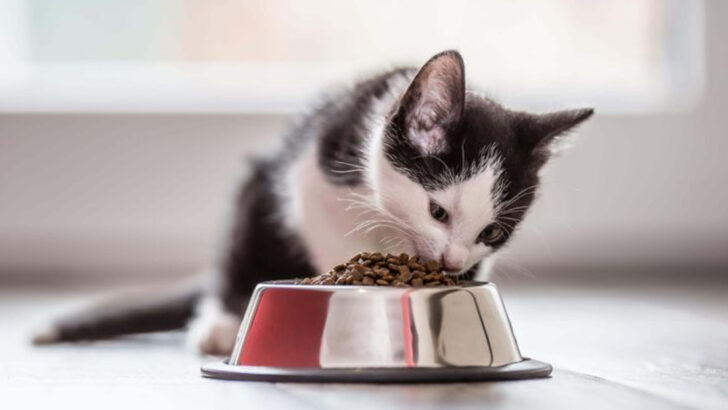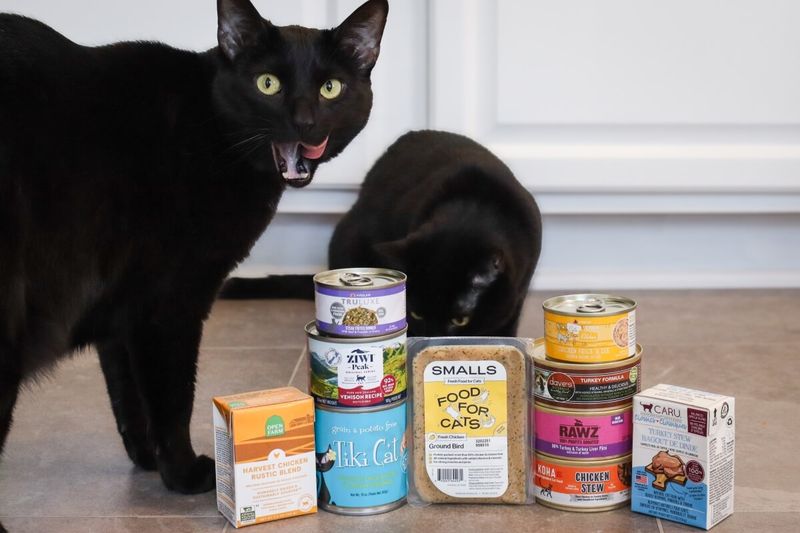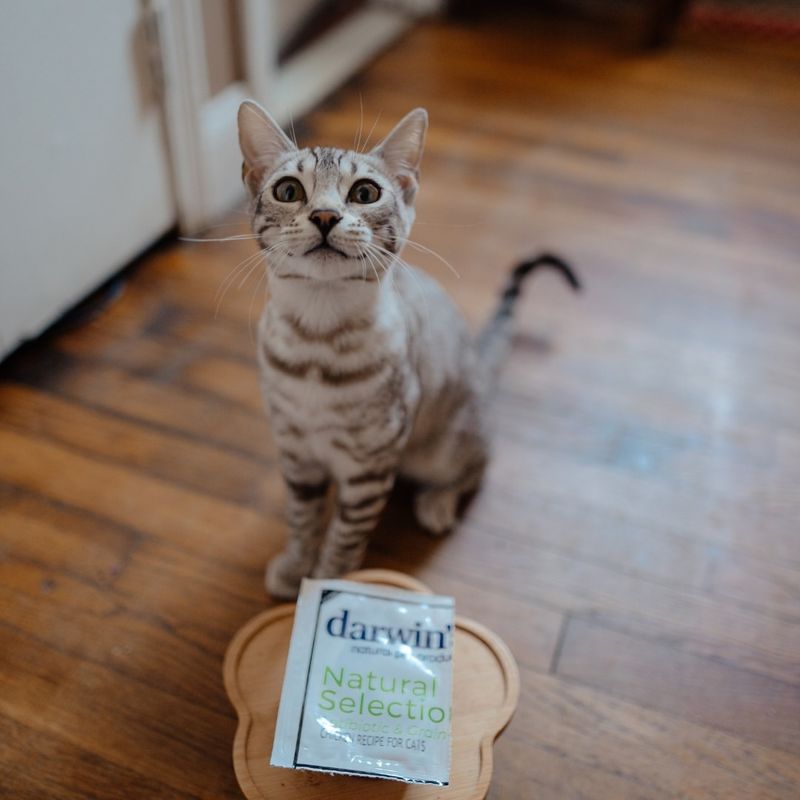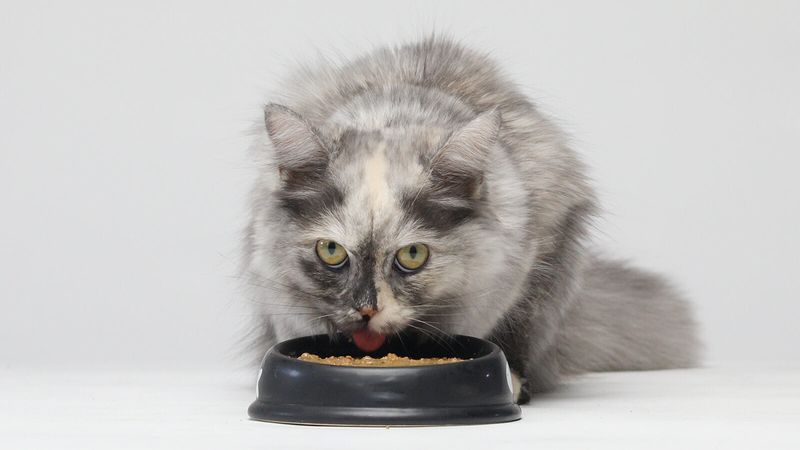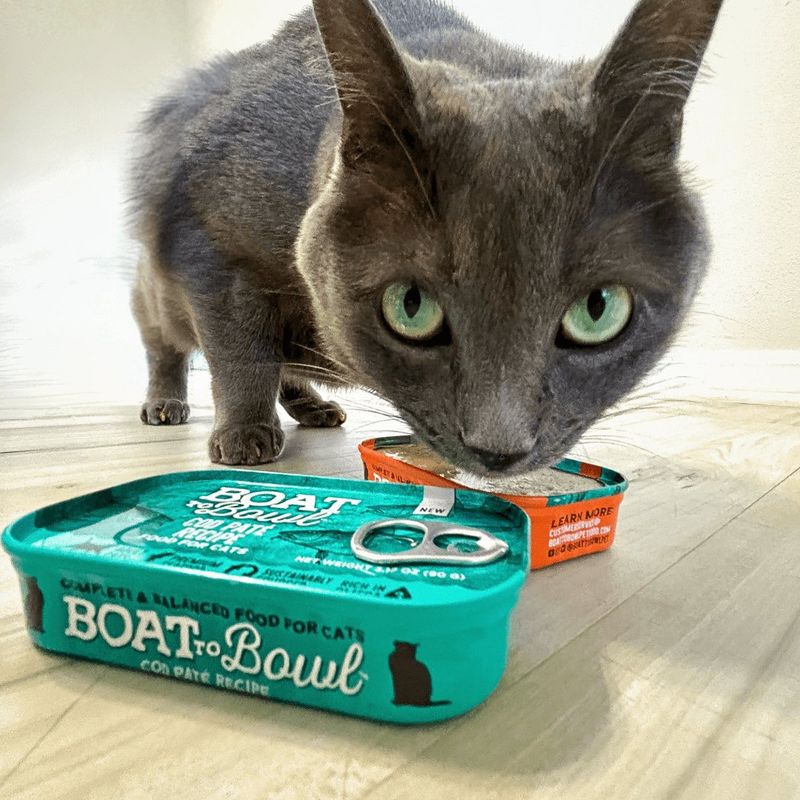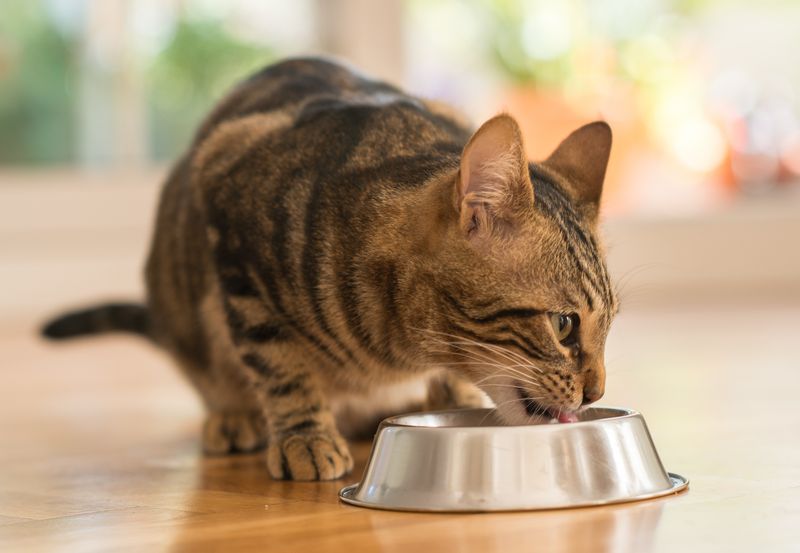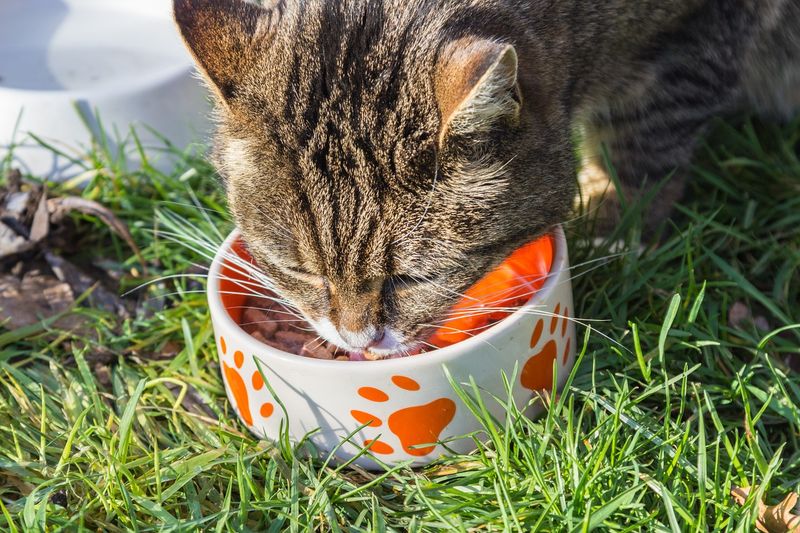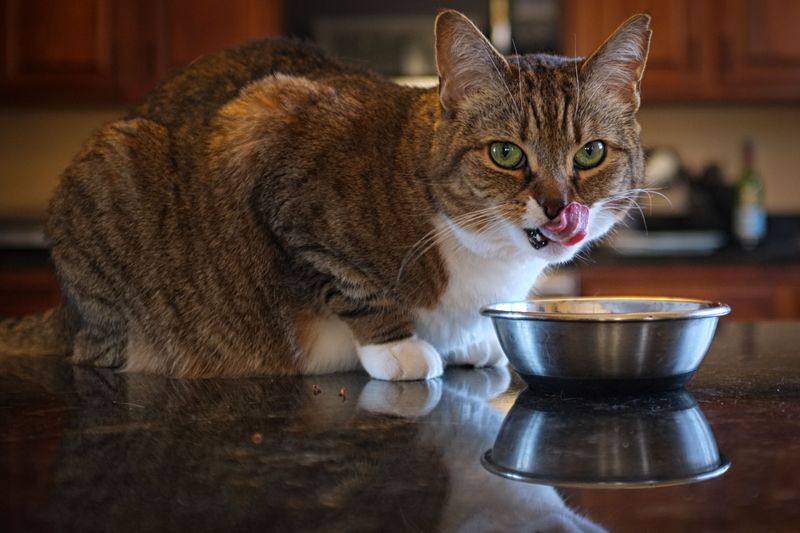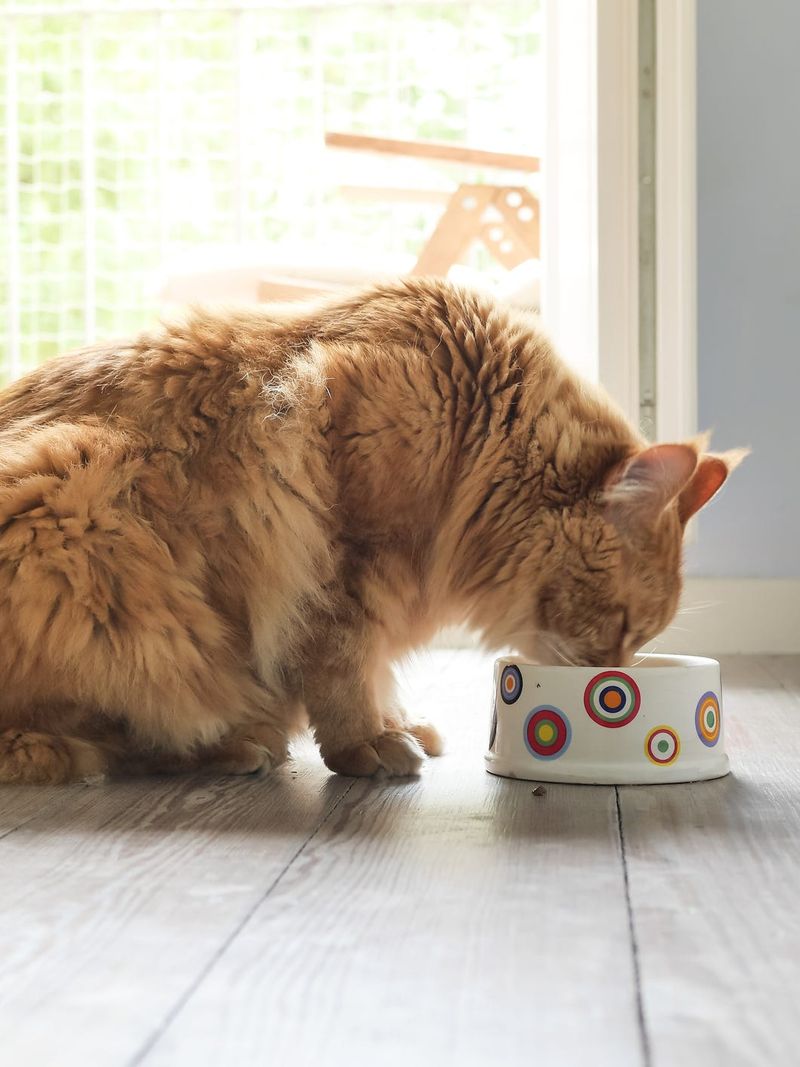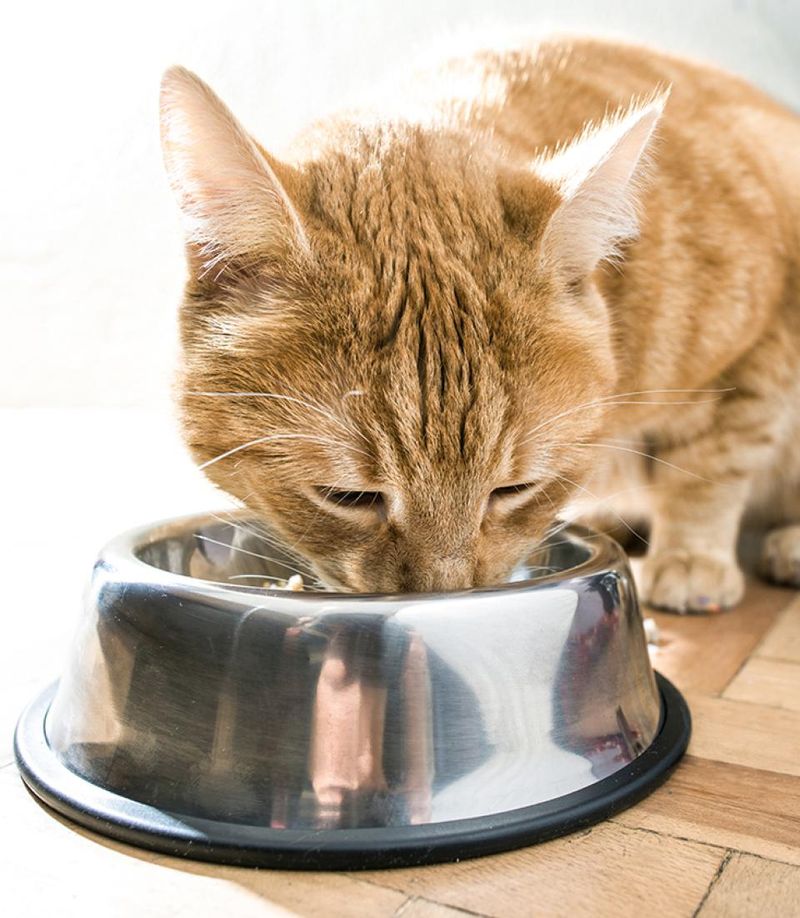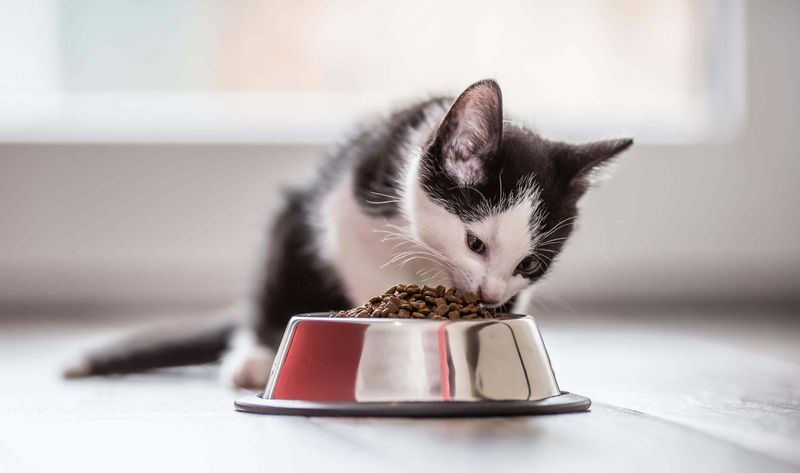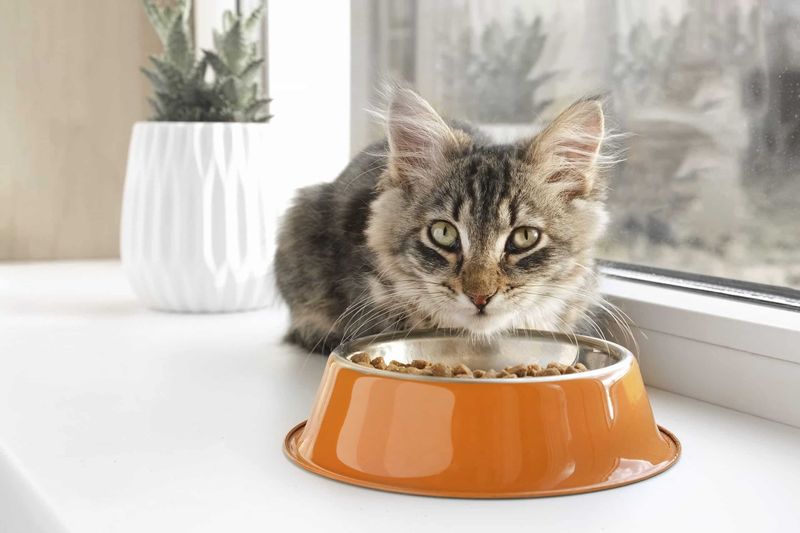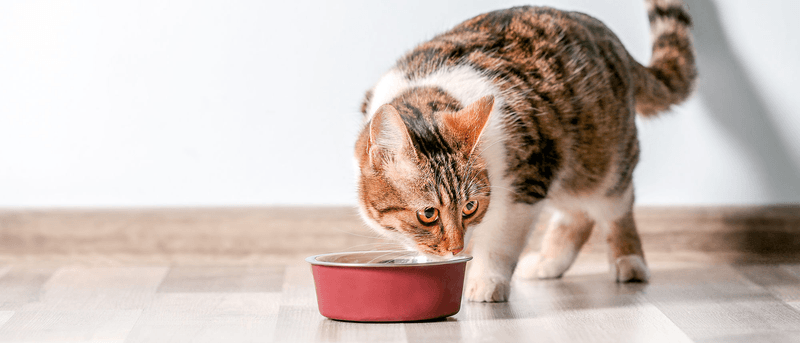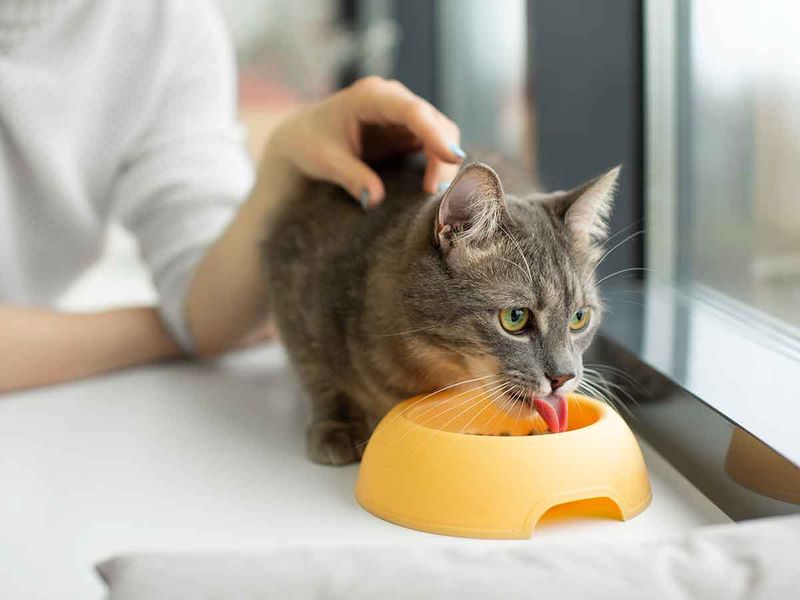Choosing the right diet for an indoor cat is essential for its long-term health and happiness. With so many options on the market, it can be overwhelming to determine which foods are truly beneficial. Rather than getting distracted by flashy packaging, focusing on the nutritional essentials will ensure that your cat thrives.
Cats require specific nutrients to maintain optimal health, and providing them with the right balance is key. From protein-rich ingredients to proper hydration, understanding these needs helps create a diet that supports their overall well-being. By prioritizing these essential elements, owners can avoid unnecessary additives or misleading claims.
Investing in the right food not only supports your cat’s physical health but also its quality of life. The right nutrition helps with energy levels, digestion, and even emotional balance. With the following 13 diet essentials, every indoor cat can enjoy a fulfilling, healthy lifestyle, free from confusion or compromise.
1. High-Quality Protein
The foundation of your cat’s health lies in protein, which is key for muscle maintenance and growth. Look for top-tier sources such as fish, chicken, or turkey. These proteins should be the first item on the ingredient list.
Always ensure the protein source is appropriate for your cat’s age and health needs. Cats thrive on a diet that closely mimics what they would consume in the wild. Avoid generic meat meals or by-products, as they often lack the nutritional integrity your cat needs for optimal health.
2. Essential Fatty Acids
Essential fatty acids, such as omega-3 and omega-6, support your cat’s skin, coat, and overall health. These fats are found in fish oils, flaxseed, and poultry fat. Fatty acids play a role in reducing inflammation and supporting brain function.
Ensure the cat food you choose contains these vital nutrients, especially for aging cats or those with joint issues. Often, the inclusion of these fats will enhance the taste of the food, making it more appealing to your pet. Avoid trans fats and excessive cooking oils.
3. Taurine
For heart health and proper vision, taurine is a vital amino acid for cats. Since cats cannot produce enough taurine on their own, it must be provided through their food. Ensure it’s included by checking the ingredient list on trusted cat food brands.
Deficiency in taurine can lead to severe health issues, including blindness and heart failure. Always prioritize cat foods that meet this nutritional requirement, particularly if making homemade meals.
4. Moisture Content
Indoor cats often lack sufficient hydration, making moisture-rich food a necessity. Wet cat food generally contains higher moisture content, aiding in your cat’s hydration.
Look for foods that provide a balanced mix of nutrients and hydration. Cats on dry food diets should have access to plenty of fresh, clean water. Consider incorporating wet food into their diet regimen, especially for cats prone to urinary tract issues. Avoid over-reliance on dry kibble, which can contribute to dehydration.
5. Fiber Sources
Fiber is essential for maintaining your cat’s digestive health. It helps prevent issues such as constipation and hairballs. Look for cat foods that include natural fibers like pumpkin, chicory, or beet pulp. These ingredients support regular bowel movements and can even aid in weight management.
Some cats also enjoy small amounts of fresh vegetables as treats. Ensure any fiber sources are safe and appropriate for feline consumption. Avoid foods with excessive fillers or artificial additives that can irritate the digestive system.
6. Vitamins and Minerals
Supporting your cat’s health with the right vitamins and minerals is essential for immune function and bone health. Ensure that vitamins A, D, E, and K are included in their diet. Minerals like calcium and phosphorus are equally important for strong bones and teeth.
Check the label for a comprehensive list of these nutrients. High-quality brands will balance these effectively, ensuring your cat receives a complete diet. Avoid foods with unrecognizable ingredients or those lacking nutritional transparency.
7. Low Carbohydrates
As obligate carnivores, cats need a diet that’s low in carbohydrates. Excessive carbs can lead to obesity and diabetes. Choose cat food that lists protein as the primary ingredient, and avoid fillers like corn and wheat, which offer little nutritional value.
Focus on protein-rich foods that provide energy without excess carbs. Some cats may also benefit from grain-free options. Avoid products that prioritize grains and other high-carb ingredients over quality protein sources.
8. Antioxidants
Antioxidants are beneficial for supporting your cat’s immune system and overall health. They help combat free radicals and oxidative stress. Foods rich in antioxidants include cranberries, blueberries, and carrots.
Many cat foods now include antioxidant blends to enhance health benefits. Incorporate these foods to boost your cat’s defenses against illnesses. Antioxidants also contribute to a shiny coat and skin health. Avoid foods lacking these beneficial compounds, especially for older cats or those with health issues.
9. Calcium and Phosphorus
For healthy bones and teeth, cats need adequate calcium and phosphorus in their diet. These minerals are also involved in nerve function and muscle contractions. Look for food with a proper balance to avoid any nutritional imbalances that could harm your cat.
High-quality foods will have appropriate ratios of calcium to phosphorus. Ensure you’re aware of any potential deficiencies or excesses in homemade diets. Avoid over-supplementing, which can disrupt the delicate mineral balance.
10. Probiotics
Probiotics play a vital role in maintaining a healthy gut microbiome, which is essential for digestion and overall health. They aid in nutrient absorption and immune function. Opt for cat foods that include probiotics or consider supplements if your cat has digestive issues.
A healthy gut can reduce the occurrence of diarrhea and constipation. Always choose probiotics specifically formulated for cats. Avoid generic human probiotic products, which may not be suitable for feline consumption.
11. Balanced Diet
To maintain a healthy cat, a balanced diet is key, with proper proportions of proteins, fats, and limited carbohydrates. This approach ensures all essential nutrients are provided. For cats with unique health needs, a conversation with your veterinarian is recommended to determine the best diet.
Pay attention to the quality of ingredients. High-quality commercial foods usually offer a well-balanced diet. Avoid feeding low-quality, unbalanced meals that may lack essential nutrients, leading to health problems.
12. Hydration
Ensuring your cat stays hydrated is key to maintaining their health. Keep fresh water accessible at all times, and a cat water fountain can make drinking more appealing. Adding wet food to their diet can help with hydration as well.
Proper hydration supports kidney function and prevents urinary tract issues. Monitor your cat’s water consumption, especially if they primarily consume dry food. Avoid dehydration by ensuring your cat drinks enough water daily.
13. L-Carnitine
Supporting your cat’s weight management is easier with L-Carnitine, an amino acid that aids fat metabolism. It’s especially helpful for overweight or aging cats. Many high-quality cat foods now include L-Carnitine to maintain a healthy lean body composition.
Consult your veterinarian about incorporating it into your cat’s diet. Proper weight management contributes to a longer, healthier life. Avoid overfeeding and ensure your cat receives adequate exercise to complement L-Carnitine’s benefits.
